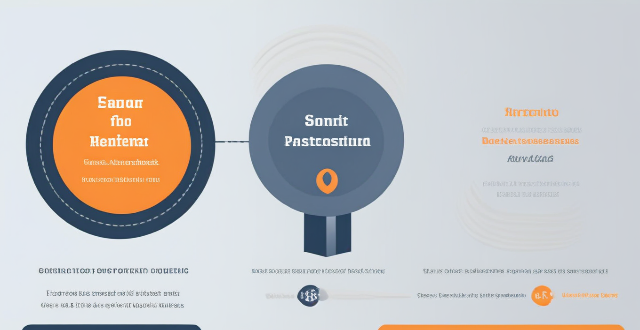Extreme weather events, often exacerbated by climate change, have a profound impact on international trade and logistics. These events can disrupt supply chains, increase transportation costs, and lead to shortages of goods and services. The various ways in which extreme weather events affect international trade and logistics include disruption of supply chains through transportation disruptions and production disruptions, increased transportation costs due to higher fuel prices and insurance costs, and shortages of goods and services due to reduced availability and price volatility. To mitigate these impacts, it is essential for governments, businesses, and individuals to take action to address climate change and adapt to its effects on international trade and logistics.

Impact of Extreme Weather Events on International Trade and Logistics
Extreme weather events, often exacerbated by climate change, have a profound impact on international trade and logistics. These events can disrupt supply chains, increase transportation costs, and lead to shortages of goods and services. In this article, we will explore the various ways in which extreme weather events affect international trade and logistics.
Disruption of Supply Chains
Transportation Disruptions
- Road Transportation: Floods, landslides, and other extreme weather events can damage roads and bridges, making them impassable for trucks and other vehicles. This can lead to delays in the delivery of goods and services.
- Rail Transportation: Heavy rainfall or snowfall can cause railway lines to be flooded or blocked, leading to disruptions in rail transport.
- Air Transportation: Extreme weather events such as hurricanes, thunderstorms, and fog can cause flight cancellations or diversions, affecting air cargo shipments.
- Sea Transportation: Storms, cyclones, and other extreme weather events can cause port closures, ship delays, and even ship losses, disrupting sea freight movements.
Production Disruptions
- Agricultural Production: Droughts, floods, and other extreme weather events can significantly reduce crop yields, affecting the availability and price of agricultural products in international markets.
- Manufacturing Disruptions: Power outages caused by extreme weather events can halt manufacturing processes, leading to production delays and reduced output.
- Mining Disruptions: Flooding in mines or extreme heat waves can affect mining operations, reducing the supply of minerals and metals for international trade.
Increased Transportation Costs
Higher Fuel Prices
- Air Freight: Extreme weather events can cause flight diversions or cancellations, increasing the need for additional flights to transport cargo, which in turn raises fuel consumption and costs.
- Sea Freight: Storms and other extreme weather events can cause ships to deviate from their usual routes, increasing journey distances and fuel consumption.
- Road and Rail Transportation: Floods and landslides can damage infrastructure, requiring more time and fuel to transport goods via alternative routes.
Insurance Costs
- Cargo Insurance: As the risk of damage or loss due to extreme weather events increases, insurance premiums for cargo transportation may rise, adding to the overall cost of international trade.
- Ship Insurance: The likelihood of ship losses during extreme weather events can lead to higher insurance premiums for shipping companies, which may be passed on to customers in the form of increased freight rates.
Shortages of Goods and Services
Reduced Availability
- Food and Agricultural Products: Extreme weather events can cause crop failures or reduced yields, leading to shortages of food and agricultural products in international markets.
- Raw Materials: Disruptions in mining operations or reduced availability of raw materials due to extreme weather events can affect the production of various goods, leading to shortages in international markets.
- Energy: Extreme weather events can damage energy infrastructure such as power plants or pipelines, reducing the supply of energy resources like oil, gas, and electricity.
Price Volatility
- Commodity Prices: Shortages of commodities due to extreme weather events can lead to price volatility in international markets, affecting both producers and consumers.
- Transportation Costs: Increased transportation costs due to extreme weather events can contribute to higher prices for imported goods.
- Insurance Costs: Higher insurance costs for cargo transportation can also add to the final cost of goods, affecting their prices in international markets.
In conclusion, extreme weather events exacerbated by climate change have far-reaching consequences for international trade and logistics. They disrupt supply chains, increase transportation costs, and lead to shortages of goods and services. To mitigate these impacts, it is essential for governments, businesses, and individuals to take action to address climate change and adapt to its effects on international trade and logistics.